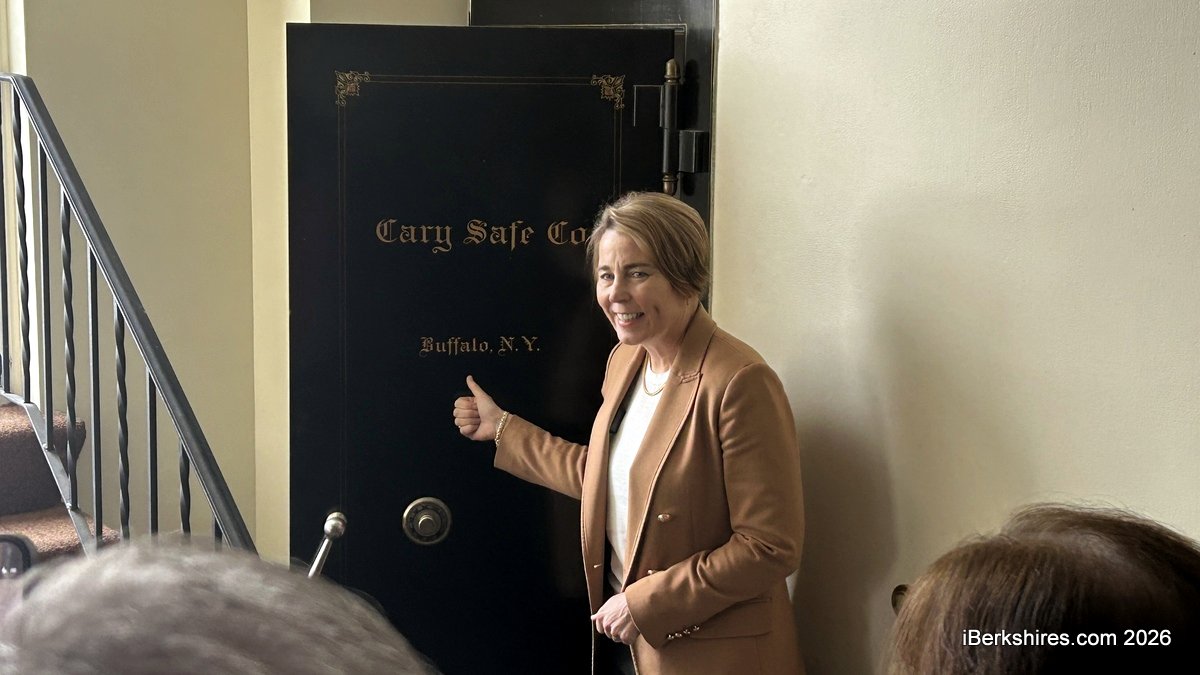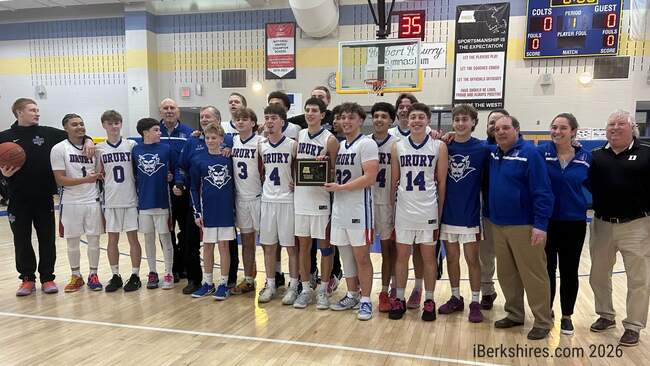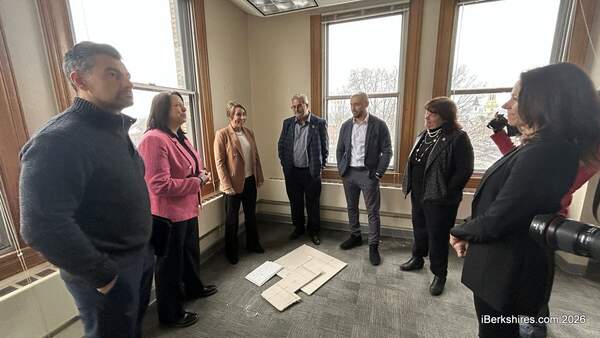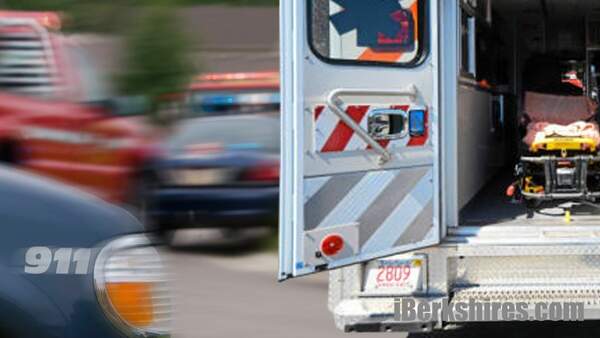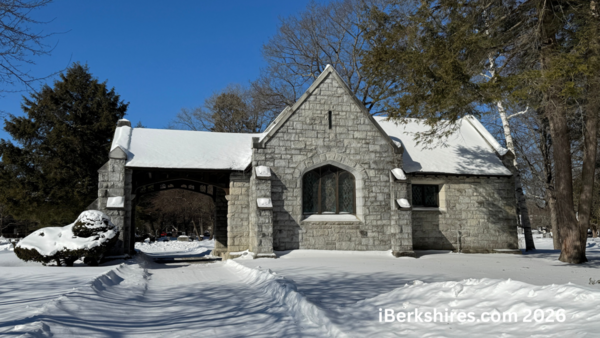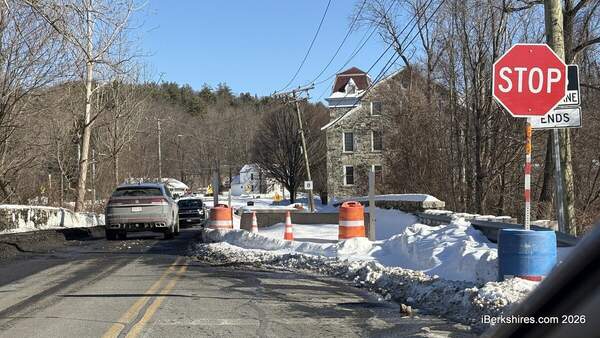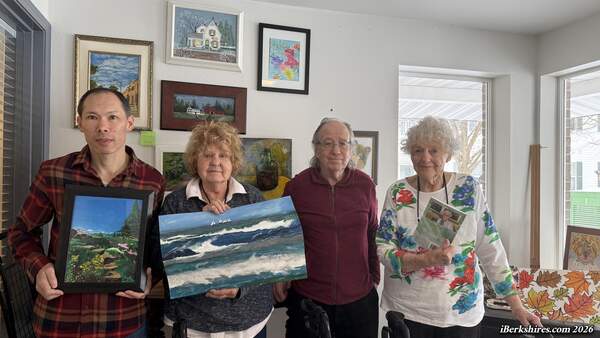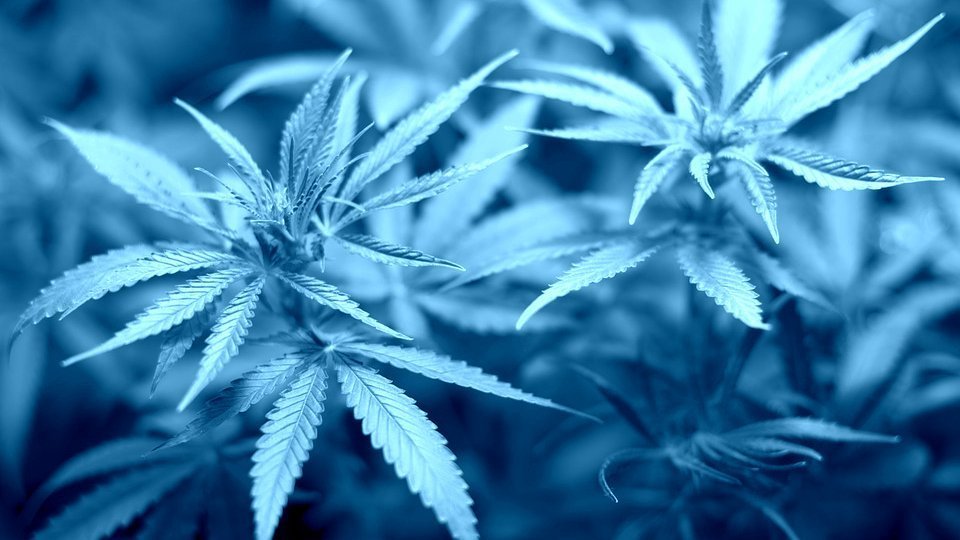
Pittsfield Council Votes to Ban Outdoor Commercial Cannabis Cultivation
PITTSFIELD, Mass. — The City Council voted to prohibit commercial cannabis farming within city bounds to protect residential communities from "skunk" smell.
On Tuesday, a motion to ordain a ban of large-scale, outdoor pot growing in all zoning districts of Pittsfield passed 10-1 with Ward 5 Councilor Patrick Kavey voting in opposition.
"No one can tell me a 500-foot setback stops the smell of marijuana," Councilor at Large Earl Persip III said, who proposed the ban over a year ago. "So let's stop attacking the neighborhoods, let's preserve some of the outdoor space."
In February 2020, the Community Development Board said "no" to this restriction, recommending a modified zoning amendment to the City Council that would not eliminate outdoor cultivation in residential areas but limit it.
"[The board] doesn't agree that the elimination of this use category is the correct path forward," City Planner CJ Hoss said. "As written in those communications, they feel that it's worthwhile tacking on a setback from residential structures that provide a significant amount of additional protection from actual neighborhoods."
Hoss added that with a setback requirement, a special permit process would protect residents with regulations and conditions.
A majority of the council confirmed that they are not against cannabis cultivation or the industry as a whole, but agreed that the city should monitor the two cannabis farms currently permitted on Barker and Peck's Road before moving forward with welcoming new outdoor commercial cultivators.
"We have the opportunity to reverse a ban," Ward 6 Councilor Dina Guiel Lampiasi said. "I think that we're too close to this marijuana boom to allow outdoor facilities to come into play. We need to figure out the game board and what we have before we move forward."
The farm on Barker Road is very close to the Richmond border on existing agricultural land with two residential properties within 300 feet. Earlier this year, an issue with malfunctioning lighting on the property was brought up and resolved. Since then, Hoss explained, there have not been any issues.
Hoss said the outdoor cultivation facility on Peck's Road is raising more concerns because there are more residences nearby.
"In the end, the Zoning Board of Appeals approved that project," he said. "Because, I'm not here to speak for the ZBA, but trying to paraphrase, they felt that, given the concerns that were brought up the biggest concern was odor in their mind, and they felt that those odor concerns weren't any greater than the typical operation of a farm and the potential odors that a working farm can generate."
Persip clarified that this is not an attack on cannabis, voicing his support for indoor cultivation facilities because the smell can be mitigated.
"It's not an attack on cannabis, I want to be clear about that, this is kind of taking a pause to see what it is like to actually live through the two that we have permitted right now," he said. "Commercial is the keyword here, this is not someone growing a few plants in their back yard or even 100 plants, this is massive amounts of cannabis."
Kavey believes the ban is going "way too far." As one of the two councilors with a cultivation facility within his ward, he said the only complaint that his constituents have expressed in regards to the Barker Road farm is the construction that they weren't warned of. He added that the aforementioned lighting issue was resolved within 24 hours and was reported by a passerby.
Kavey doesn't agree with cultivation in heavily residential neighborhoods but sees it as a positive venture for more rural property owners.
"I think it's unfair to discourage our residents from trying to get into something that could potentially make them a lot of money when they don't have abutters and when they have that much land," he said.
Guiel Lampiasi brought up the issue of community members recovering from an addiction who may be triggered by the smell of marijuana. Guiel Lampiasi supports recreational use and the sale of it in the city but said when she looks at states like California that have embraced outdoor commercial cultivation, it raises concerns about the environmental toll the business will take.
"When you go down Dalton Ave and get out of your car, or even if you're in the car, you can't deny the smell and I'll be the first one to admit that before that facility was up, I was suspicious of the concern," she said. "and now I feel for the families that live over there, I feel for the people that are striving to live a sober life and they have to smell marijuana every day."
Councilor at Large Peter White echoed Persip and Lampiasi's sentiments. He said the council should listen to residents, observe the effects of the two existing marijuana farms, and then revisit the topic.
Like his colleagues, he is not against cannabis use or growth within the city, but he is against ruining neighborhoods.
"This ban is a way that we can protect the residents, protect our neighborhoods, our open space is a finite resource," He concluded. "If every recreational area you go to ends up smelling like cannabis we're not going to be a destination for these activities."
Tags: cannabis, marijuana,

